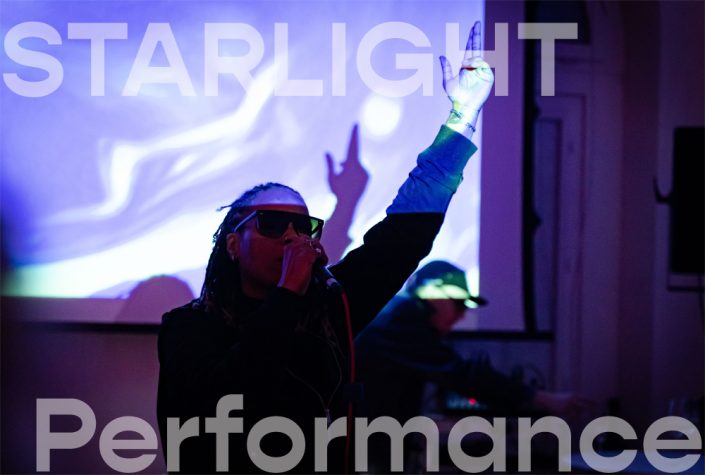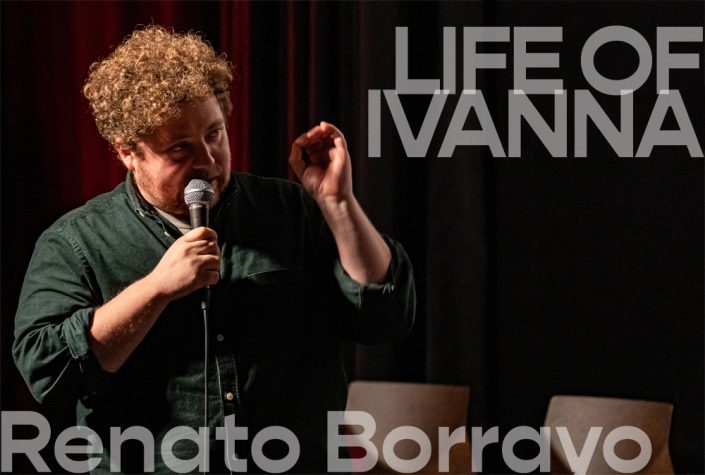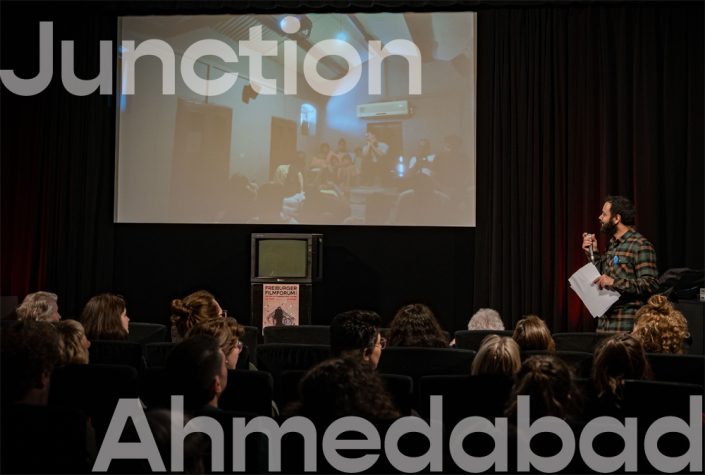Some days, the black kites literally drop from the sky—the air pollution in Delhi, India, can be so intense that flocks of the birds fall to earth. If they’re lucky, they’ll find themselves in the care of Nadeem and Saud, two heroic brothers who are concerned about the animals’ welfare. They’ve set up an improvised sanctuary for birds of prey, where they treat the animals, feed them until they can fly again.
There is no false optimism here. The brothers are sometimes downcast about the pointlessness of their efforts, but doing nothing is not an option. Against the backdrop of growing tensions that make the situation increasingly desperate—particularly for the Muslim minority to which the brothers belong—there is hope to be had from the simple fact that there are people who do care. (Idfa)
SHAUNAK SEN (*1987 in India) His debut film CITIES OF SLEEP was already screened at Filmforum 2017. ALL THAT BREATHES was nominated for an Oscar and won numerous awards at Cannes and Sundance Film Festival among others.
Director: Shaunak Sen
Cinematography: Ben Bernhard, Riju Das, Saumayanda Sahi
Editing: Charlotte Munch Bengtsen
Music: Roger Goula
Produced by: Rise Films, Kiterabbit Films
Distribution: The Film Collaborative









